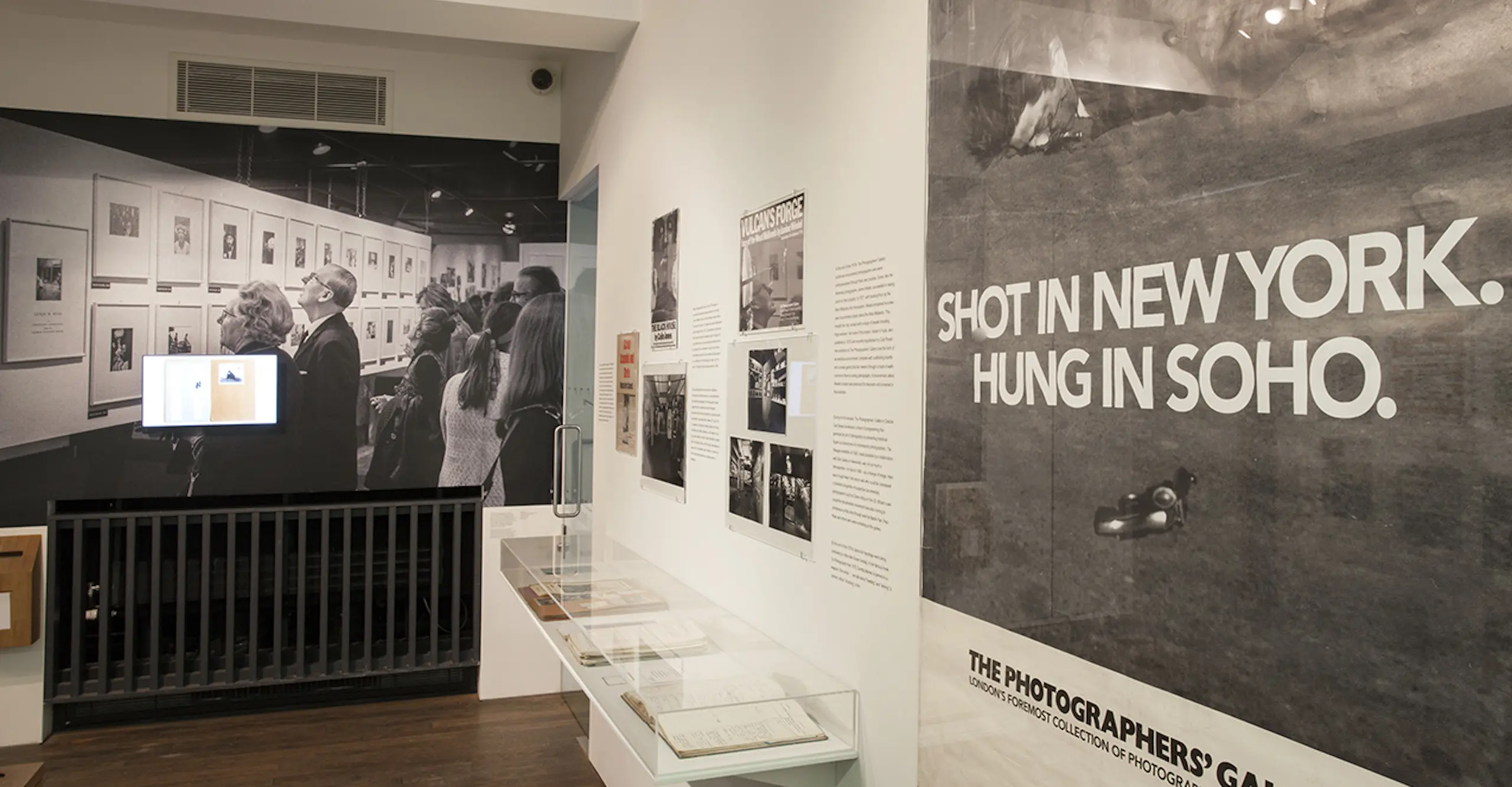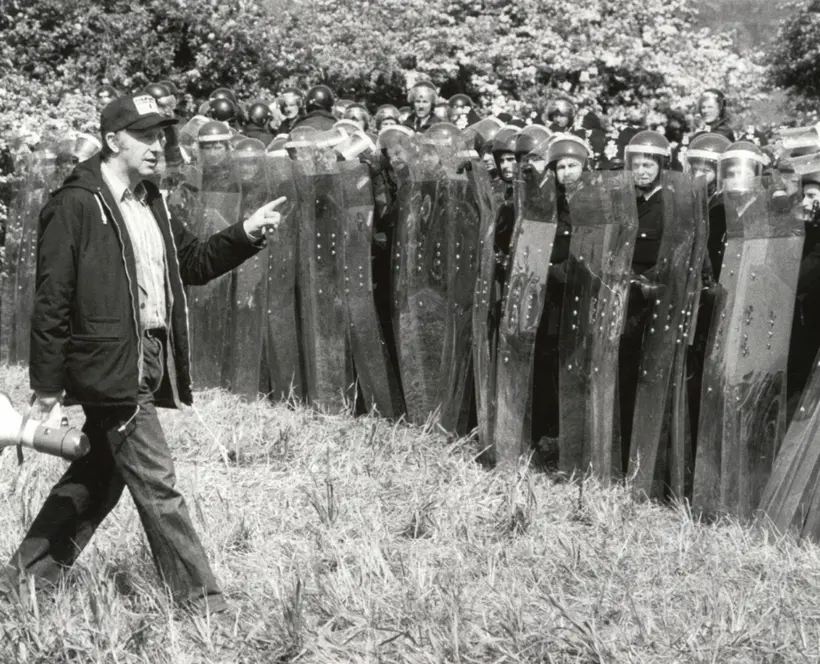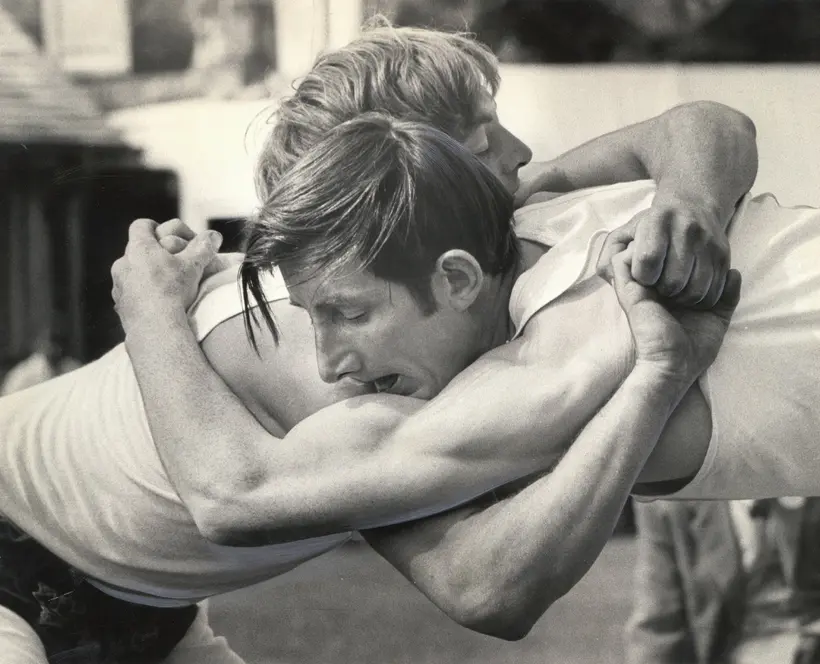Citing collections within both UK and internationally, each session will look at different aspects of photography archives – from how they are formed, sourced and shaped to examples of how they have been employed, interpreted and made public. Led by artist and academic Ravi Deepres, each week will consist of themed presentations and talks, guest speakers, debates and discussion.
This course will be of interest to artists and others with an interest in learning more about some of the more hidden archives with photography collections.
Schedule
Session 1: Photography Archive Types & Structures (Mon 20 Sep)
What types of photography archives exist in the world today? Who controls how we understand the archive? How does an archive’s structure and context impact on cultural interpretation and representation? In this session we will question traditional archival structures and processes, looking at the function of the term ‘archive’ as it exists across archives, libraries, special collections and museums. We’ll also touch on cataloguing practices and the significant impact classification and interpretation can have.
Session 2: Recontextualising the Archive (Mon 27 Sep)
How can archives be used as motivation to create new work? The archive is not only a site for research. Selected archive material can be embedded into art works to extend, enlighten or create new possibilities or critiques. In this introductory session we will look at the immersive use of archival processes. We’ll also examine how an artist's practice can be seen as a living archive.
Session 3: Archives without Boundaries (Mon 4 Oct)
Expanding beyond Western Europe and North America, this session looks at how transnationalism is performed within the archive. Using practical explorations of the work of artist Mohini Chandra, the Arab Image Foundation and artist Rosângela Rennó, we will examine the different purposes of the archive and the thematic intersections that exist across varied histories and geographies.
Session 4: Looking Forward (Mon 11 Oct)
What is the current state of archiving practice? How have new ways of working evolved from more conventional notions of archiving? Online user-driven reproduction and display via digital sharing platforms have transformed the way we encounter archival images. Technology continues to redefine the concept of the photographic collection. In this session we will consider the changing nature of archives and question how collections see their role shifting in the digital age.
Bursaries
A number of partial bursaries covering 50 per cent of course fees will be awarded on merit. Applicants who do not qualify for the full Develop bursary (see below) and who wish to be considered for a partial bursary should submit a statement (max. 500 words) to projects@tpg.org.uk, outlining how Introduction to Photographic Histories would contribute to their professional development. Deadline is 23.50 BST on Tue 14 Sep, successful applicants will be notified by end of day Thu 16 Sep.
We actively encourage applications from groups who are currently underrepresented in the cultural sector in the UK. This includes people who identify as D/deaf, disabled* and neurodivergent; those with caring responsibilities; candidates from Black, Asian and ethnically diverse backgrounds; and arts and culture professionals whose career development has been negatively impacted by Covid-19, prioritising independent artists, freelancers and those made redundant/at risk of redundancy since March 2020.
*The Equality Act 2010 defines a disabled person as someone who has a physical or mental impairment, and the impairment has a substantial and long-term adverse effect on their ability to carry out normal day-to-day activities. Sharing that you are disabled will not be used in any way in judging the quality of your application.
Full bursaries are available for under 25s. Please visit Develop for more details in the coming weeks.
By booking for this event you agree to our Terms & Conditions.



